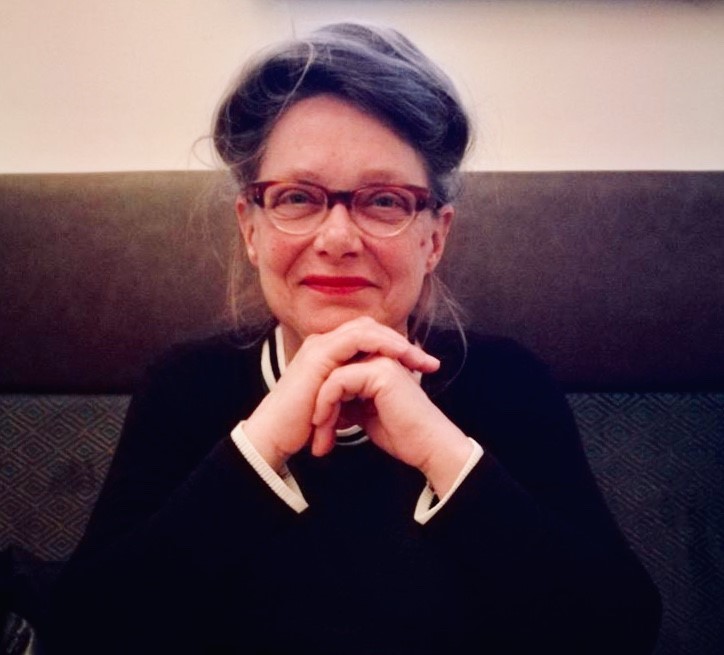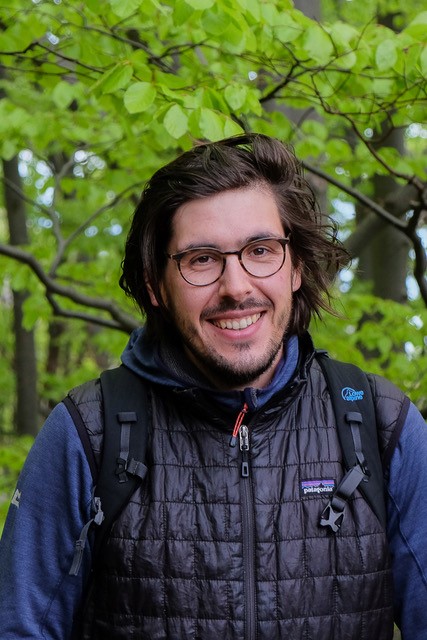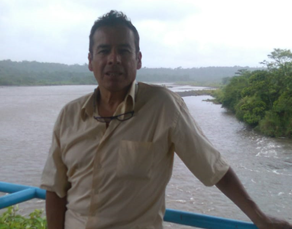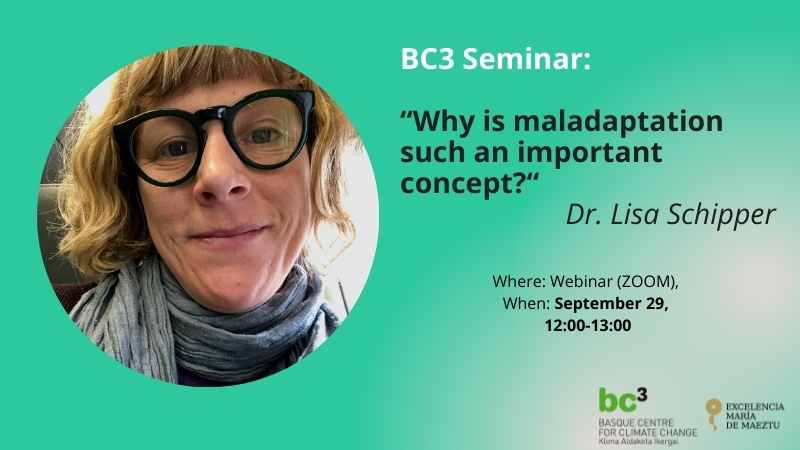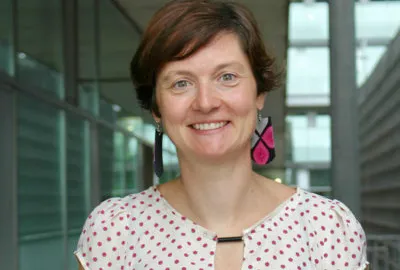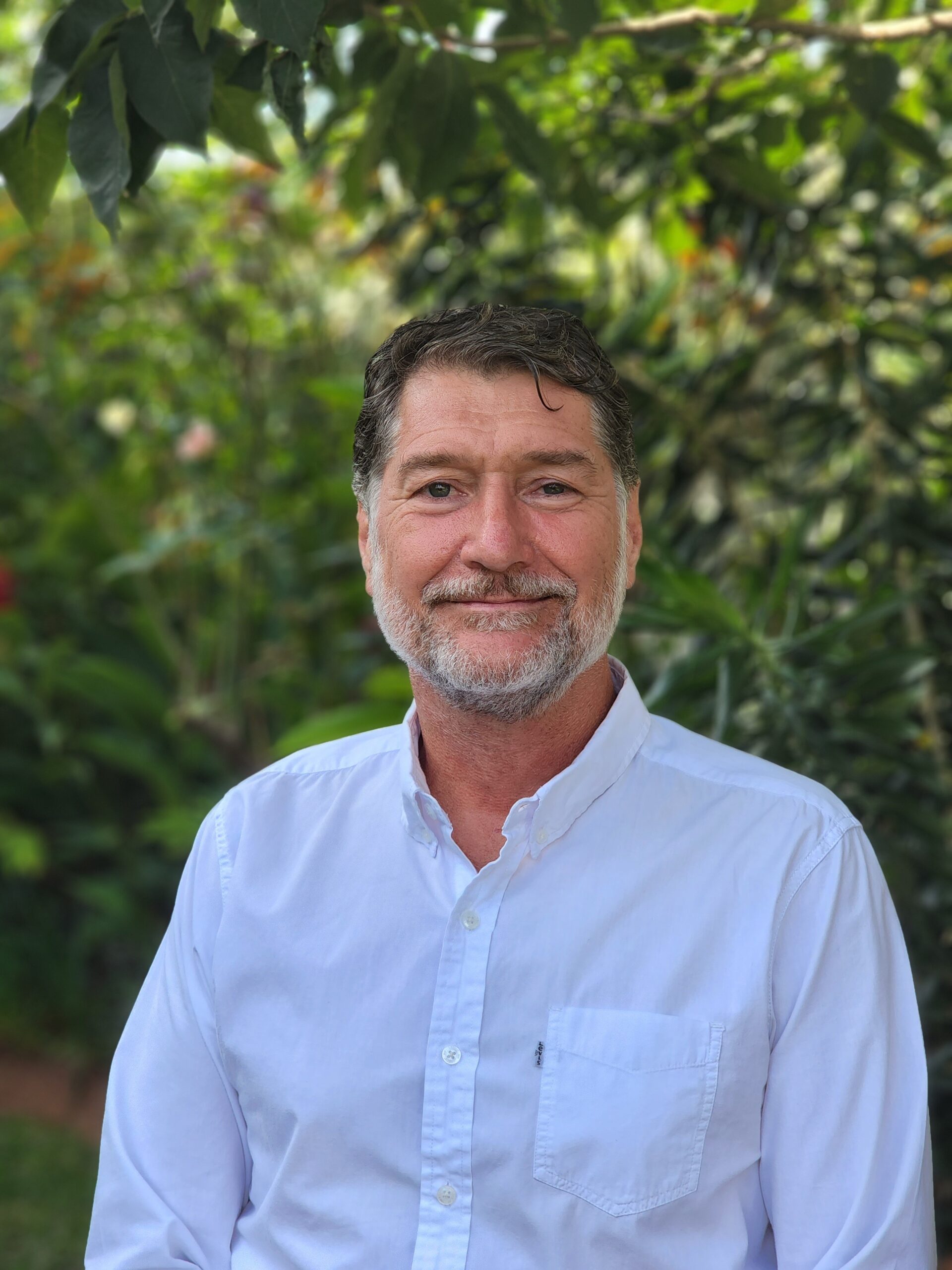BC3 Seminar Series
BC3 Seminar: Can co-creation of (students of) the arts and sciences enhance public climate-consciousness?
BC3-Basque Centre for Climate Change Sede Building 1, 1st floor, Scientific Park of the University of the Basque Country, Leioa, Bizkaia, SpainOne of the most challenging aspects of the Anthropocene and ongoing climate change is the aspect of change. Environments change, we change environments, so now humanity needs to change. Change our perceptions of the planet and the self, our research and working methods, our idiom and visual narratives, and also teaching methods. Drawing from experiences of artists collective Satellietgroep and the educational pilot project called Beyond Technology, Dutch artist-curator Jacqueline Heerema shares methods that target at inclusive co-creation of knowledge to enhance professional and public climate-consciousness.
BC3 Seminar: European forest ecosystem dynamics mapped from space
BC3-Basque Centre for Climate Change Sede Building 1, 1st floor, Scientific Park of the University of the Basque Country, Leioa, Bizkaia, SpainIncreasing mortality has been reported for many forests across Europe, but exact rates and trends remain poorly quantified. We tackle this lack of knowledge by using satellite data for quantifying and mapping rates and trends in forest mortality across Europe.
CANCELLED | BC3 Seminar: Ecological implications of plants phenotypic plasticity
BC3-Basque Centre for Climate Change Sede Building 1, 1st floor, Scientific Park of the University of the Basque Country, Leioa, Bizkaia, SpainDifferent lines of evidence suggest that divergence in plasticity plays a key role in adaptation to global environmental change. Many scientists argue that genetic variation in plastic responses to the environment (G × E) could be an important predictor of species' vulnerabilities to climate change. But there is not a general pattern among either experimental or theoretical studies. Plasticity acting at the level of the individual is considered a rapid mechanism for surviving under rapidly changing conditions. But plasticity can also retard adaptation by shifting the distribution of phenotypes in the population, shielding it from natural selection. We know that not all plastic responses are adaptive. I will illustrate some examples of ecological traps, and, for the case of plants, the paradoxical decision regarding roots that we are far from understanding and modelling. Plasticity may buy time for populations, but whether it will be enough, given the rate of environmental change, is unknown.
BC3 Seminar: “Pueblos y Nacionalidades Indígenas” of the Ecuadorian Amazon, Shuar, Achuar, Zápara and Quichuas
BC3-Basque Centre for Climate Change Sede Building 1, 1st floor, Scientific Park of the University of the Basque Country, Leioa, Bizkaia, SpainAccelerated climate change, especially since the last half of the twentieth century, is an additional challenge for the indigenous peoples of the Amazon, who depend directly on the resources of the territory. These include subsystems like agriculture (itinerant, semi itinerant and localized) art of hunting, art of fishing and silviculture. The space where humans unify themselves with nature (abiotic and biotic) allows the weaving of networks of territoriality, "spatial memory of social and communal time."
BC3 Seminar: Accelerating America’s Pledge: Going All-In to Build a Prosperous, Low-Carbon Economy for the United States
BC3-Basque Centre for Climate Change Sede Building 1, 1st floor, Scientific Park of the University of the Basque Country, Leioa, Bizkaia, SpainA globally sufficient response to climate change will require new models of organization, coalition building, and implementation in which rapid decarbonization at the national level will be rooted in actions initiated by a diverse range of actors. The United States provides a window into how the diversification of climate action across actors can drive changes in emissions.
BC3 Seminar: Why is maladaptation such an important concept?
webinarFor the last two decades we have been spinning around the same problem with maladaptation – we know what it is, but we rarely know when it is happening in real time. Most examples of maladaptation are only detected after the fact when it is too late to prevent them from doing damage. Still we are fascinated by this concept. This talk addresses maladaptation and its various understandings, and discusses why it matters so much.
Seminario BC3: Perspectiva de género y diversidad en la organización
El seminario “Perspectiva de género y diversidad en la organización” que está impulsado por la comisión de igualdad de BC3 – Basque Centre for Climate Change, vinculado a la iniciativa Visiting Program, tiene como objetivo construir una visión más equitativa, diversa e inclusiva de nuestra realidad científica y obtener resultados transformadores para nuestro desarrollo personal y profesional.
BC3 Webinar: Artificial Intelligence applied to ocean waves forecast: A deep learning approach to predict significant wave height.
Better predictions of ocean waves conditions are essential for a handful of industries that define its operations based on the outcome of these analysis. Almost all engineering applications that happens in the ocean, from transportation to renewable energies, going across offshore platforms and alerts of catastrophic events, not to mention geosciences research benefits from an accurate description of sea state.
BC3 Seminar – The Urban Green Divide or Segregating by Greening
BC3-Basque Centre for Climate Change Sede Building 1, 1st floor, Scientific Park of the University of the Basque Country, Leioa, Bizkaia, SpainIn the past two decades, cities in the Global North and South have invested in urban greening projects such as parks, gardens, greenways, or green climate resilient infrastructure to address a variety of environmental, health, economic, and social challenges. Such interventions are often accompanied by large scale real estate projects.
AdaptaBrasil: Innovative Platform for Monitoring Climate Change
BC3-Basque Centre for Climate Change Sede Building 1, 1st floor, Scientific Park of the University of the Basque Country, Leioa, Bizkaia, SpainSustainable development and climate mitigation and adaptation in a country the size of Brazil presents enormous challenges regarding the environmental, social, and productivity sectors. Climate risk is based on the characterization of the social and natural systems linked to vulnerability and exposure to a given hazard.

